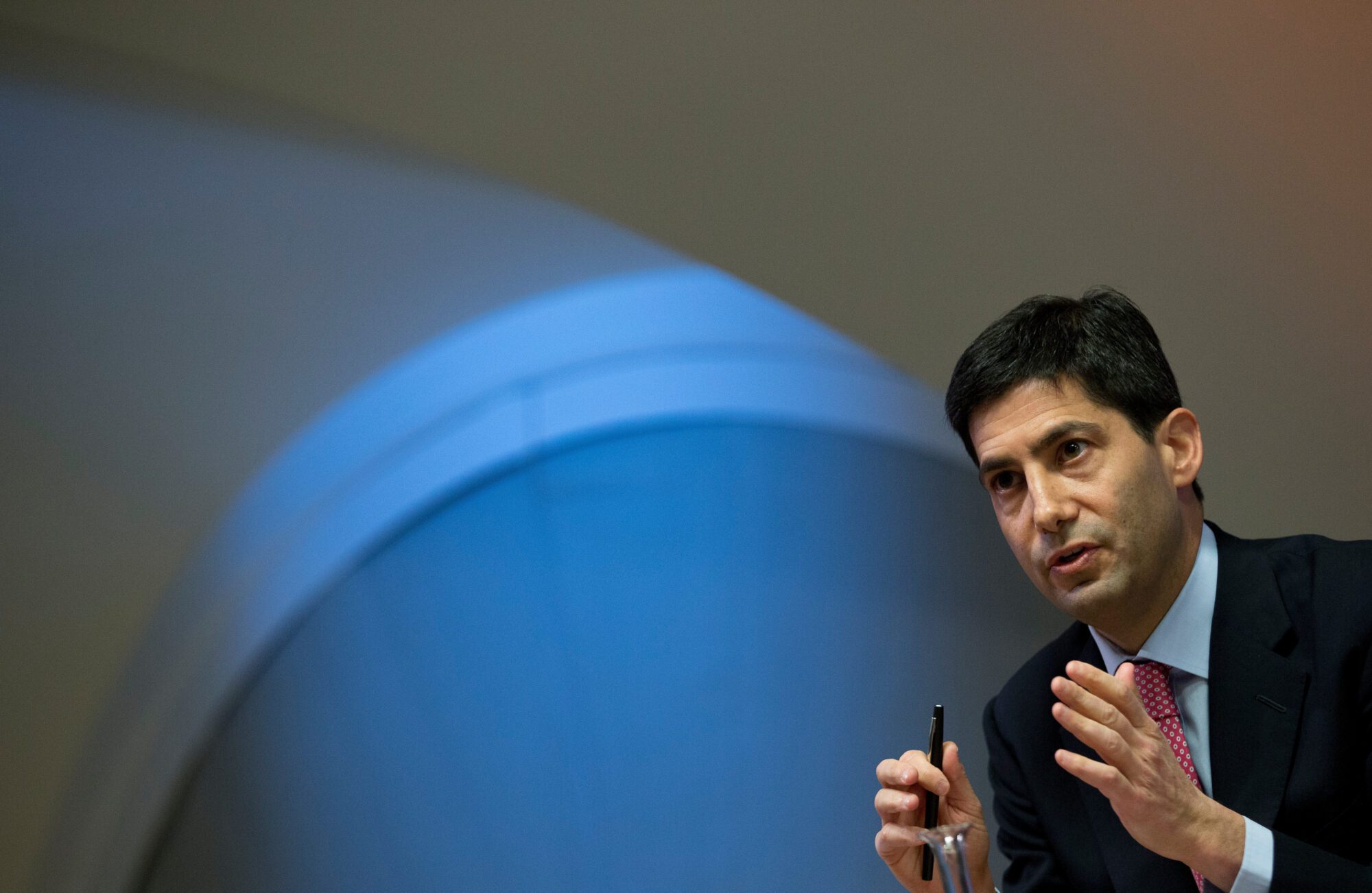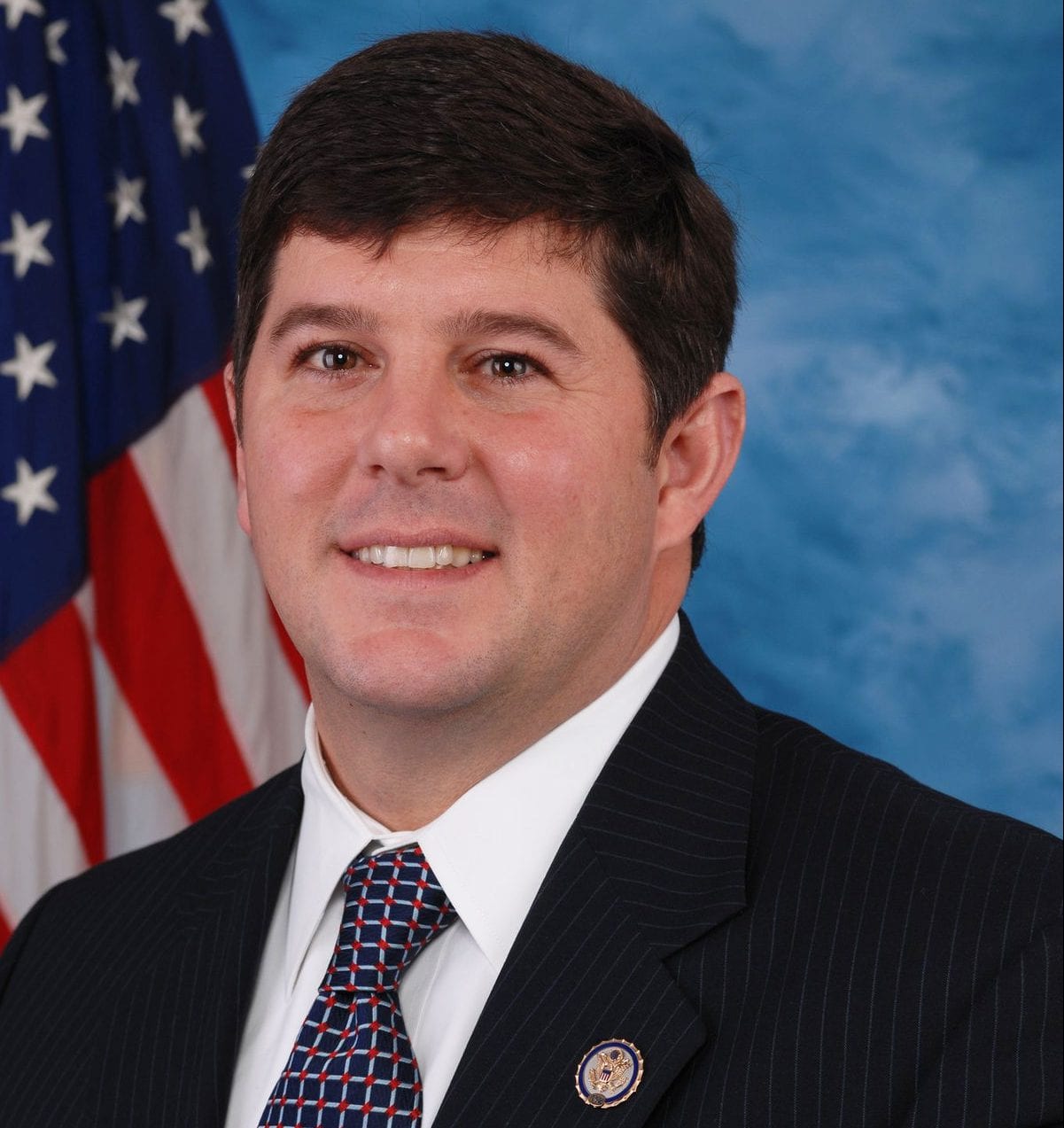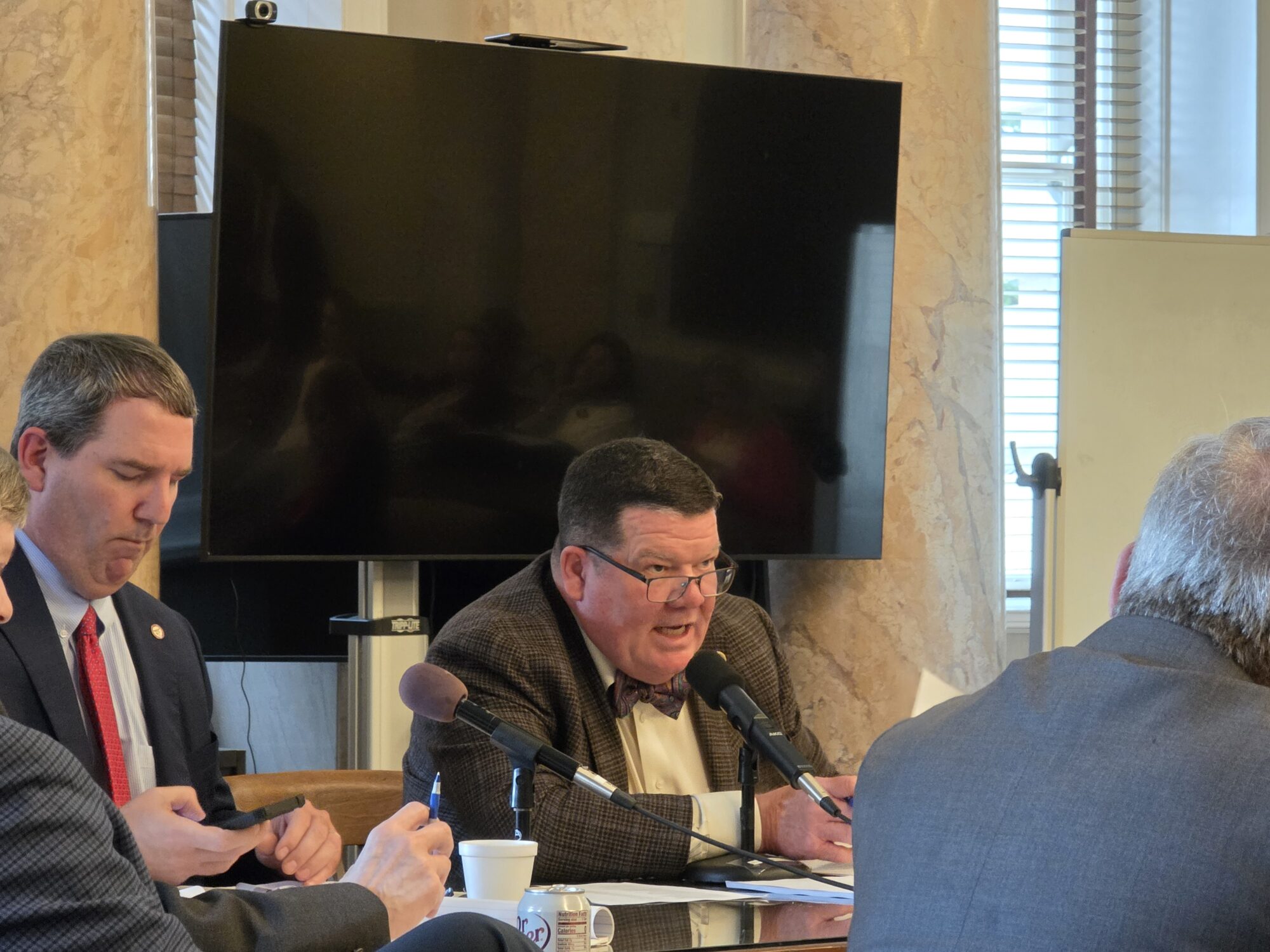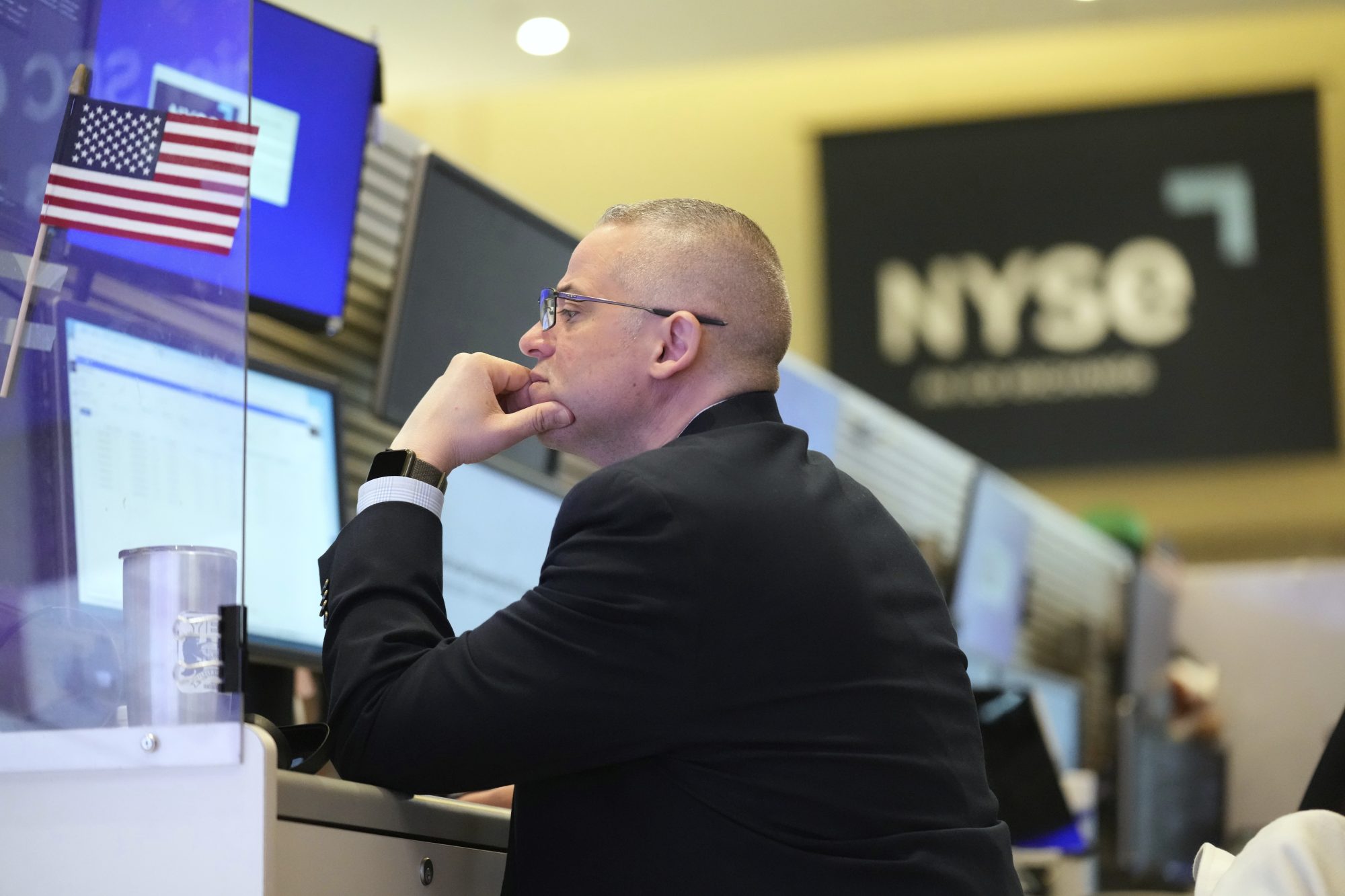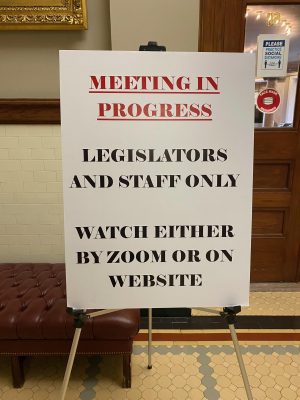
Good governance in our republic relies heavily upon accessible representatives and an open process by which those elected officials conduct the business of the people. That premise is why Open Meetings laws exist. Yet, these sunshine laws are only as good as the citizens who insist upon such transparency and the elected officials who abide by the spirit of the law.
Most Mississippians may not realize that their state Legislature technically exempts itself from Open Meeting laws, while requiring other government entities such as county supervisors, city councils and school boards to follow the letter of the law.
Significant strides have been made to bring light to the Capitol in the last few years despite the antiquated technology that exists in the state’s primary seat of governance. Floor proceedings in both chambers are live-streamed, and were prior to the pandemic. More importantly, in 2020, they began archiving those sessions so citizens interested in the process were not tethered to a livestream.
One of Lt. Governor Delbert Hosemann’s primary goals for the state Senate was to increase public access through streaming committee meetings online. That effort began with two rooms before COVID-19 hit and is being expanded given the ongoing public health concerns. The House of Representatives was slower to the dance but has also now begun to take up a similar mantle, seeking to add committee room live feeds amid the continued need to social distance.
While technological hiccups and audio issues remain a challenge, each of these efforts have been positive steps and are worth commending.
But with these steps to increase the ability to monitor the happenings at the Capitol, care should be taken not to limit direct access to lawmakers – even with COVID-19 lingering in the background. Just as when the pandemic began and officials at City Halls and other governmental entities were considering restricting access at public meetings, lawmakers, too, must resist the notion to close public meetings and not participate in-person out of fear of community spread. Yet, that is what happened earlier this week following the latest news that a handful of members had contracted COVID-19.
A sign posted outside of a House Committee room stated: “Meeting in progress. Legislators and staff only. Watch either by Zoom or on website.” Further, the House of Representatives even passed a resolution, HR 12, which allows its members to meet virtually until March 1st. Members will not be required to check-in in-person as long as they are present for their respective committee meetings, making it super easy to avoid interaction with citizens and the press.
In the Senate its members are still required to check-in as present on the Senate floor during roll call and are then allowed to disperse to access meetings virtually or in-person.
According to the State Auditor’s office, each chamber of the Legislature follows its own respective rules regarding things like attendance, roll call, and how they permit members to participate.
Closing meeting rooms to only staff/members and allowing virtual participation by lawmakers may assuage fears in the near term but limiting public access is not necessarily the right answer. Dissuading large gatherings and encouraging other ways of connecting with senators and representatives rather than coming to the Capitol is surely acceptable and expected as public health guidance implores. However, shutting the public out and conducting the people’s business under the shadow of what is viewed as a closed Capitol that restricts public access and causes the people only to see what the cameras show them on a live feed from the balconies or the side of a room does not seem open and transparent.
Citizens and interest groups must be able to both criticize and support public policy through direct advocacy and face time with elected officials. Video conferencing and live feeds are simply no substitute for the personal connection and intimacy needed when making your case for or against an issue or a particular piece of legislation.
Civic engagement remains the only means of holding elected officials accountable, even if it comes with risks. Providing more access, not less, especially during times of increased scrutiny and under extreme circumstances should be the priority so as to maintain the public’s right to engage, lobby, and view its government while it works.
